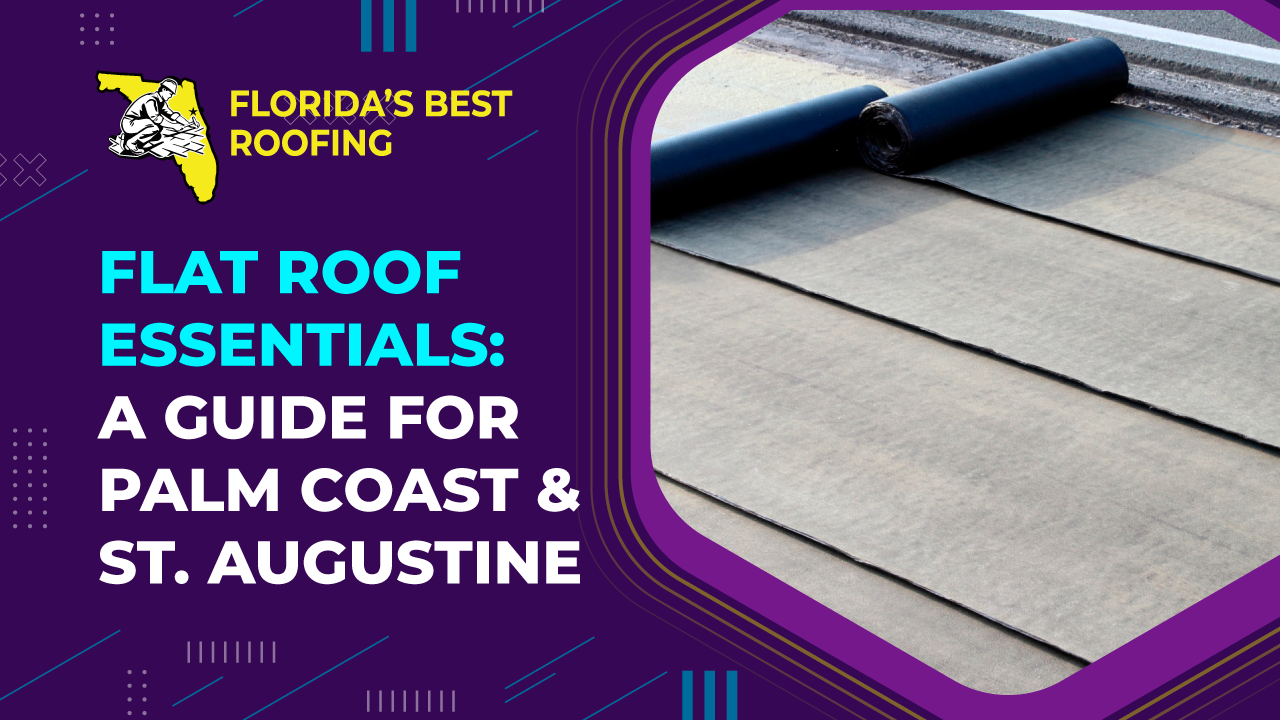Flat roofs, commonly observed on commercial buildings and urban structures, pose distinct challenges owing to their minimal slope. Unlike their pitched counterparts, flat roofs lack the natural ability to efficiently drain water, necessitating the implementation of specialized drainage systems. Moreover, the materials utilized for flat roofs differ from those employed for pitched roofs, requiring superior capabilities to manage slower water drainage effectively.
Typically, flat roofs are adorned with membrane roof systems, which are often preceded by a taper system to ensure proper drainage. This taper system employs insulation sheets to create a slope, guiding water from distant areas toward drains or gutters. Various drainage mechanisms may be incorporated based on the roof’s architectural design. In instances where flat roofs feature parapet walls, additional drainage systems like scuppers are essential to prevent water accumulation and potential structural damage.
Membrane systems for flat roofs can be broadly classified into two categories: single membrane and multiple-ply membranes. Multiple-ply membrane roofs are constructed using rolled materials bonded with an asphalt bonding agent, commonly referred to as built-up or hot tar roofs. Installation procedures typically involve layering materials such as base sheets and cap sheets, which are meticulously sealed together using methods like hot tar application or self-sticking membrane sheets. On the other hand, single-ply membrane roof systems, including modified bitumen and elastomeric membranes, offer viable alternatives with their unique characteristics and installation techniques.
Modified bitumen, composed of asphalt or coal tar pitch with added plasticizers for flexibility, offers durability and weather resistance. Elastomeric membranes, crafted from plastic (PVC) or synthetic rubber (EPDM), feature multiple layers bonded into a single sheet, providing excellent waterproofing properties. Both systems require meticulous installation, involving mechanical fastening or adhesive application to the roof decking.
Should you have any inquiries regarding flat roofs or require professional roofing services in the Palm Coast, Flagler, or Volusia areas, feel free to reach out to Florida’s Best Roofing, Inc. at 386-263-7906. Our team of experts is ready to assist you in safeguarding your property with top-quality roofing solutions tailored to your specific needs.”Flat Roof Essentials



